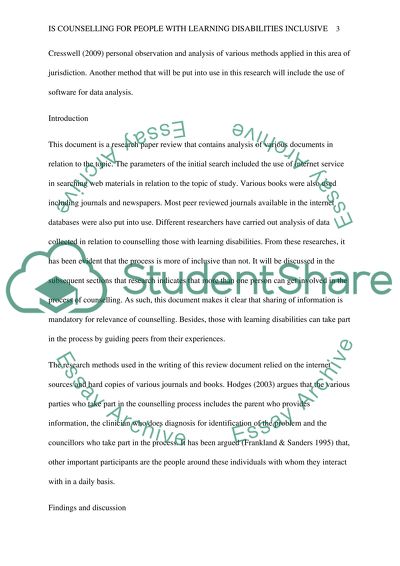Cite this document
(The Process of Counselling Individuals with Learning Disability Term Paper, n.d.)
The Process of Counselling Individuals with Learning Disability Term Paper. Retrieved from https://studentshare.org/health-sciences-medicine/1596434-is-counselling-for-people-with-a-learning-disabilities-inclusive
The Process of Counselling Individuals with Learning Disability Term Paper. Retrieved from https://studentshare.org/health-sciences-medicine/1596434-is-counselling-for-people-with-a-learning-disabilities-inclusive
(The Process of Counselling Individuals With Learning Disability Term Paper)
The Process of Counselling Individuals With Learning Disability Term Paper. https://studentshare.org/health-sciences-medicine/1596434-is-counselling-for-people-with-a-learning-disabilities-inclusive.
The Process of Counselling Individuals With Learning Disability Term Paper. https://studentshare.org/health-sciences-medicine/1596434-is-counselling-for-people-with-a-learning-disabilities-inclusive.
“The Process of Counselling Individuals With Learning Disability Term Paper”. https://studentshare.org/health-sciences-medicine/1596434-is-counselling-for-people-with-a-learning-disabilities-inclusive.


